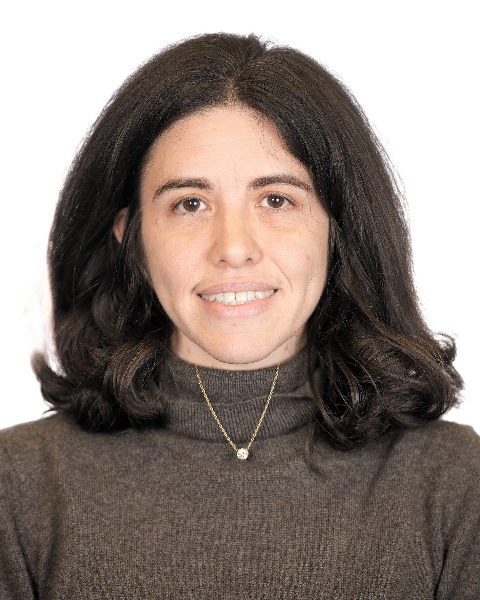Advancing Equity and Justice
1 - Community Engagement Practices of Institutional Review Boards

Allison Rusgo, PA-C, MPH
Associate Clinical Professor
Drexel University
PHILADELPHIA, Pennsylvania, United States- AC
Amy Carroll-Scott, PhD, MPH
Associate Professor and Department Chair
Drexel University, United States
Author(s)
Background: Addressing power inequities in research within communities of color is a critical issue, as regulatory systems, like IRBs, prioritize individuals. This leaves communities unprotected and over-studied. In response, our institution and a nascent community-led nonprofit organization explored local IRBs consideration of community-level ethical oversight in research.
Methods: The study was co-conducted by a community-led nonprofit organization and our institution to explore our city's IRBs practices and policies regarding community-engaged research (CEnR) and how entities like this organization can collaborate with research institutions. The study consisted of semi-structured interviews with IRB leadership conducted by a community researcher and a graduate student team. The team invited leadership from our city's seventeen IRBs between April and September of 2021, and successfully interviewed fifteen. Interview questions focused on IRB practices regarding review of community engagement in study design, geographic tracking of proposed research, community IRB member engagement, and the feasibility of establishing a partnership with a Community Research Review Board (CRRB) which this nonprofit organization oversees. Data analysis included team coding and employing grounded theory to identify emergent themes. Results will be used to develop pathways for more effective collaboration between communities, IRBs, and researchers directed at the ethical conduct of research in low-resourced, research-burdened communities of color.
Results: Study results revealed five themes. Firstly, IRBs prioritize individual-level protections and most lack community-level considerations, relying on researchers to include community context in their proposals. Additionally, IRBs do not require their staff or researchers to complete CEnR-focused training; however, some expressed interest in including this education. Nearly all of the participating IRBs lack systems to track the geographic overlap of their institutions research, which they attributed to antiquated technology and an insufficient understanding of what to track and how to use that information in reviews. IRBs value community members contributions but cite challenges with their engagement and compensation. However, treating these individuals as expert consultants was a notable best practice. Lastly, some IRBs expressed an interest in collaborating with the nonprofit organization's Community Research Review Board to facilitate community-engaged research; however, others were hesitant because of institutional culture, lack of will, and capacity limitations.
Limitations: Study recruitment relied on publicly available information on institutions IRB websites, and this revealed a lack of transparency regarding personnel. Accordingly, invited participants could instead recommend colleagues who were more familiar with their IRBs CEnR practices to participate, thus potentially biasing the sample towards those with a strong interest in this topic. Additionally, the pandemic amplified professional stressors for IRBs; therefore, capacity limitations could have been even more pronounced for participants during the study period.
Discussion: The study team and nonprofit organization co-generated five recommendations from the results. These proposed solutions are designed to address power inequities in research and facilitate the creation of stronger community-institution partnerships within the context of community-level ethical oversight. They include requiring community-placed research to describe community benefits; necessitating community-engaged research training for IRB staff and researchers; geographically tracking the spread of institutions' research; increasing IRBs community representation; and creating local IRB communities of practice. Next steps include collaborating with stakeholders to implement these best practices, as this work can serve as a transformative model for similar community-IRB/institution partnerships.
